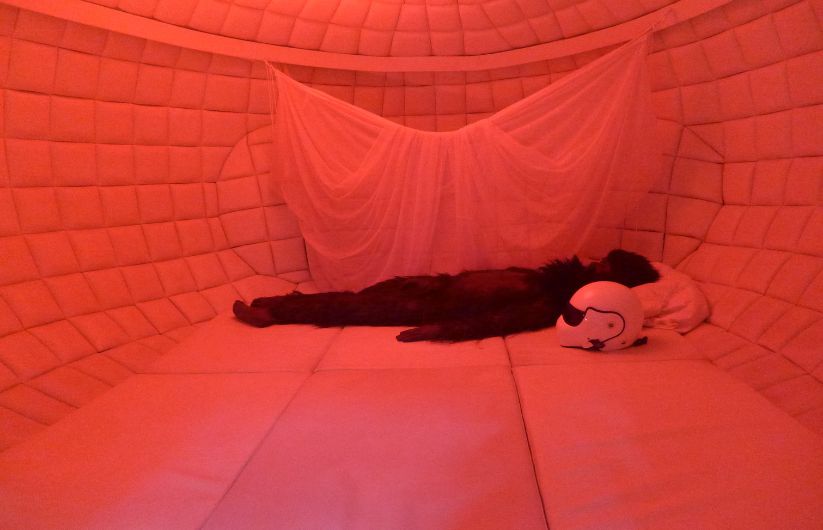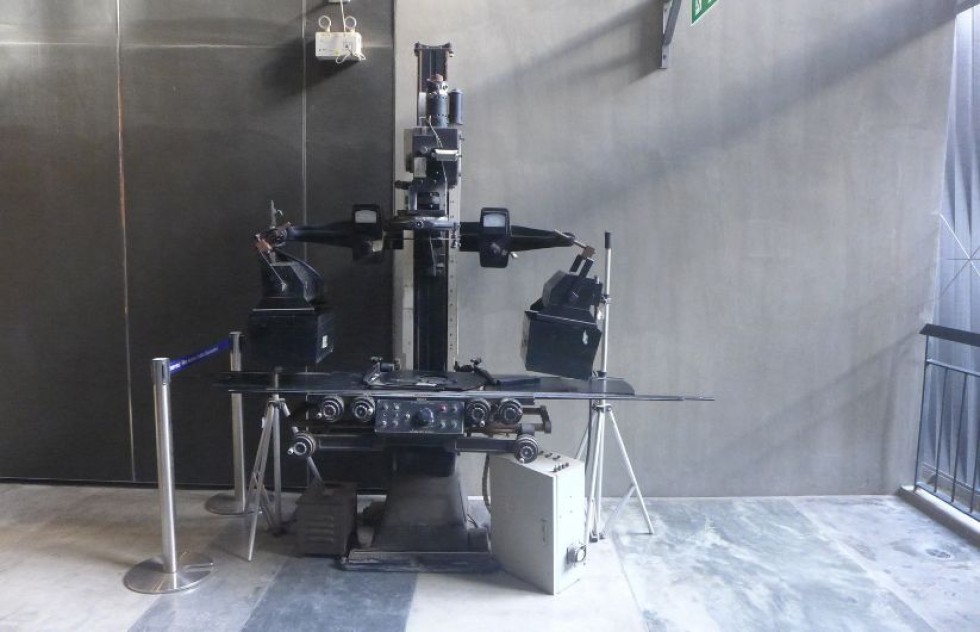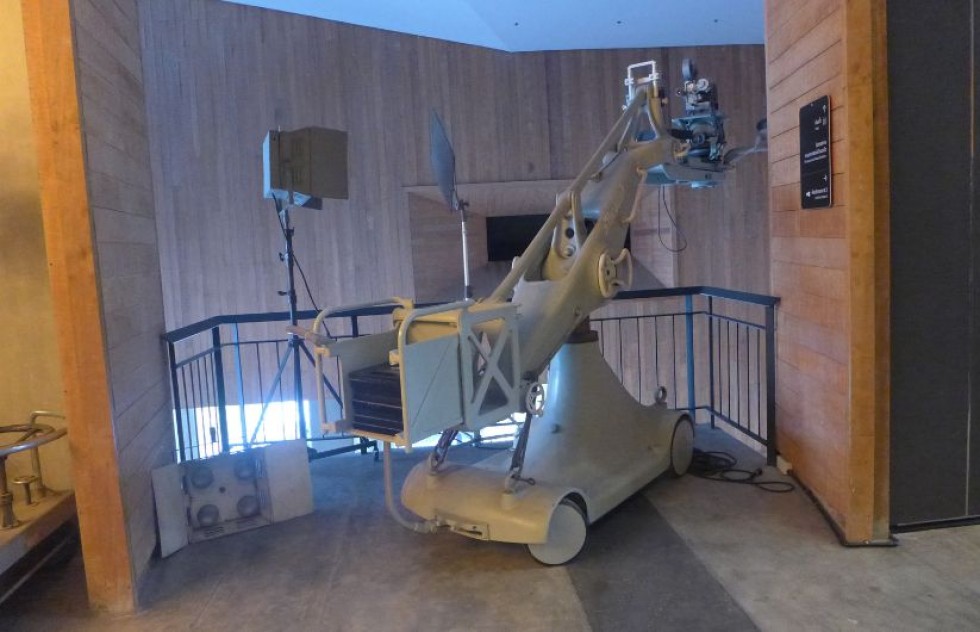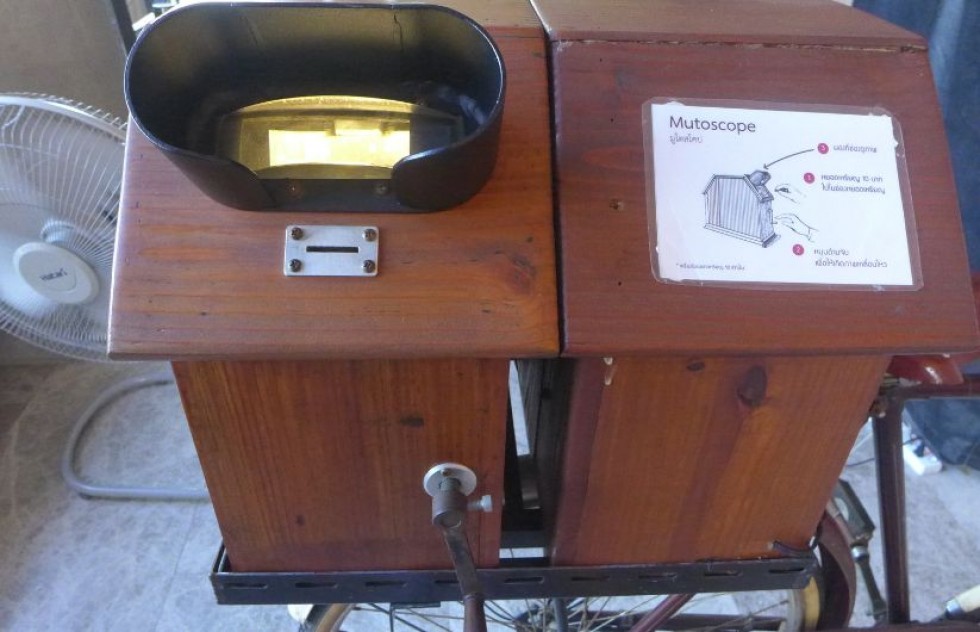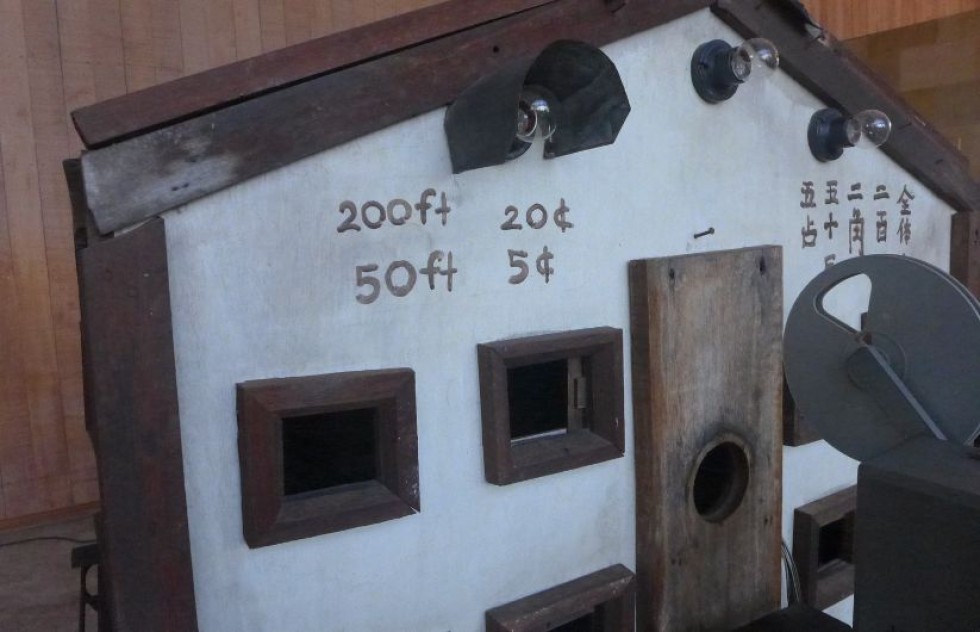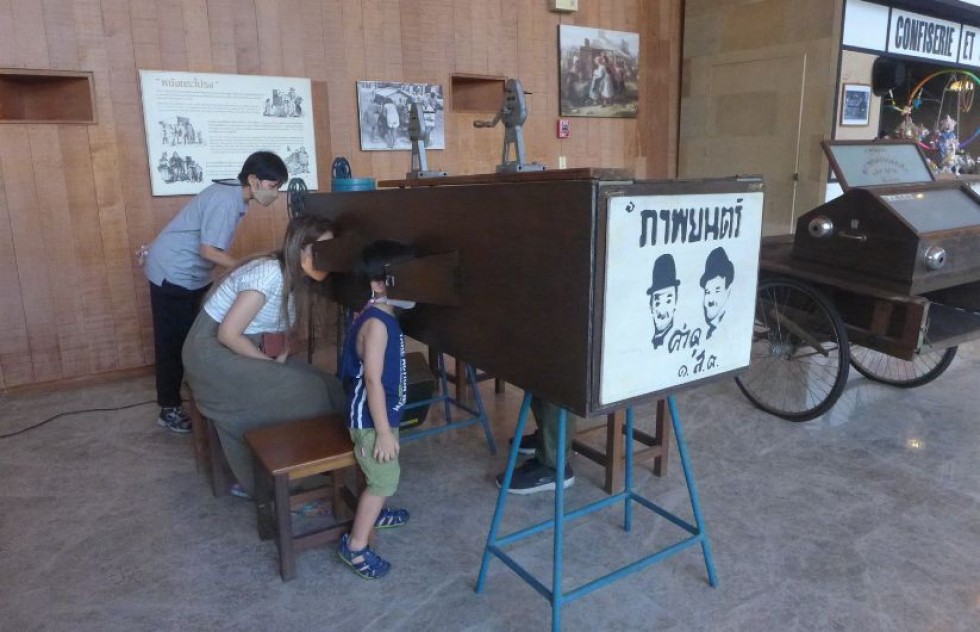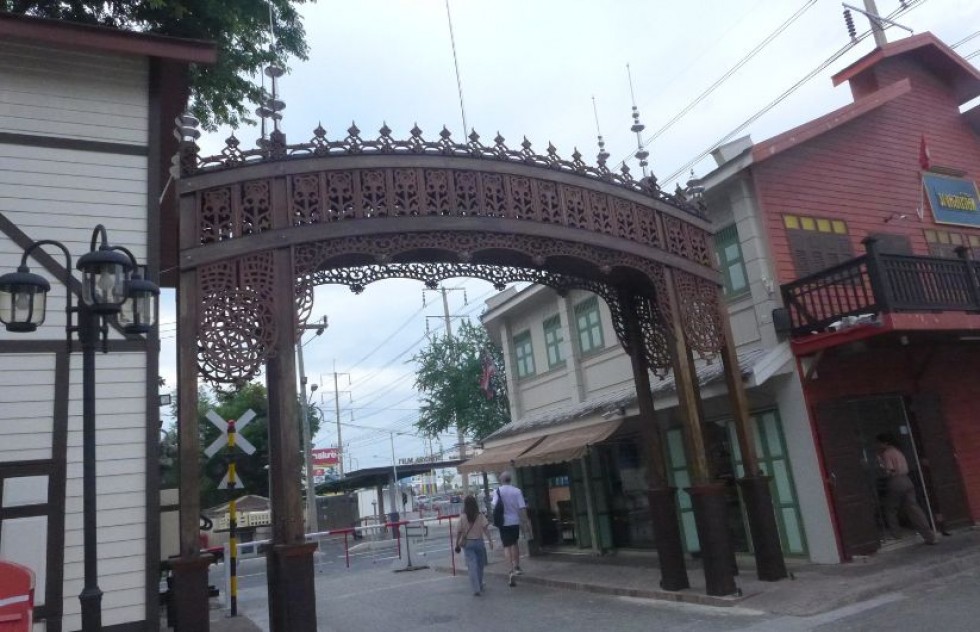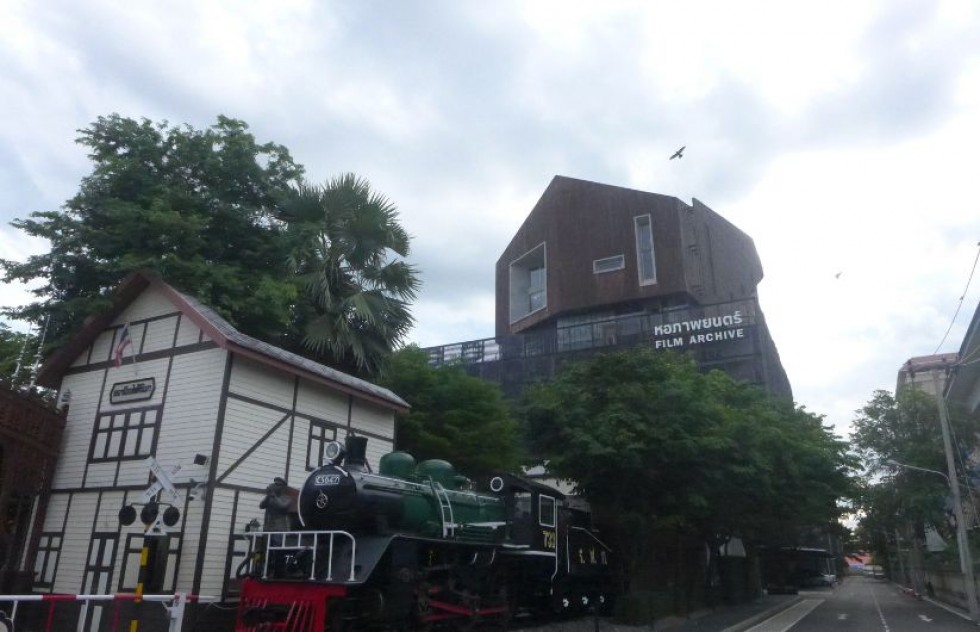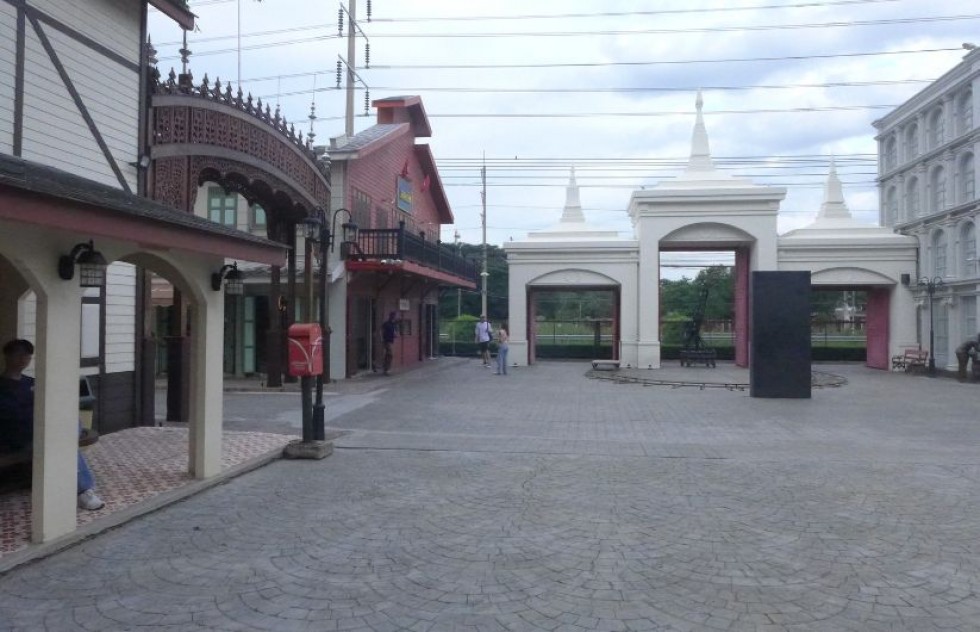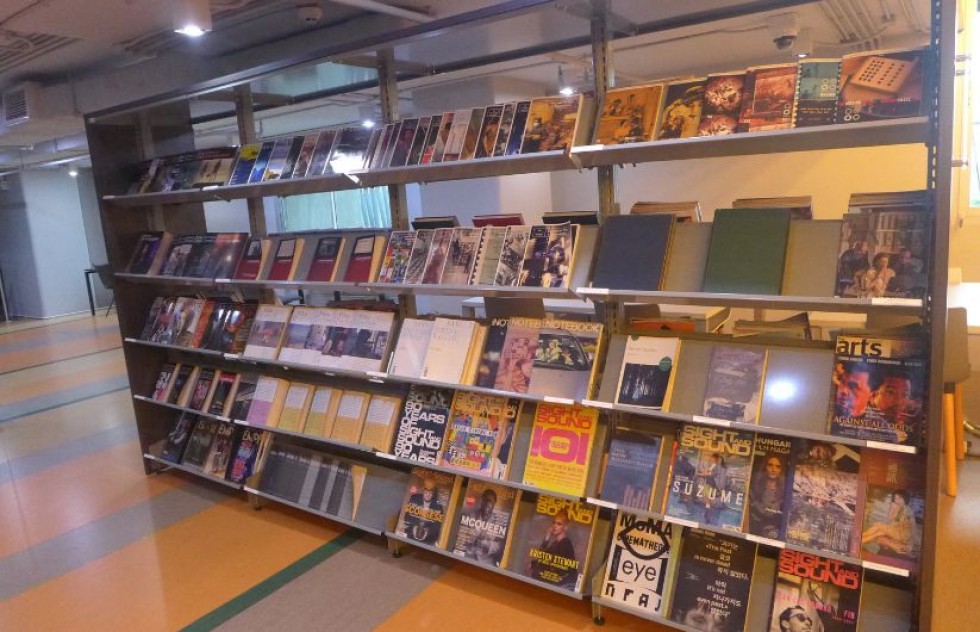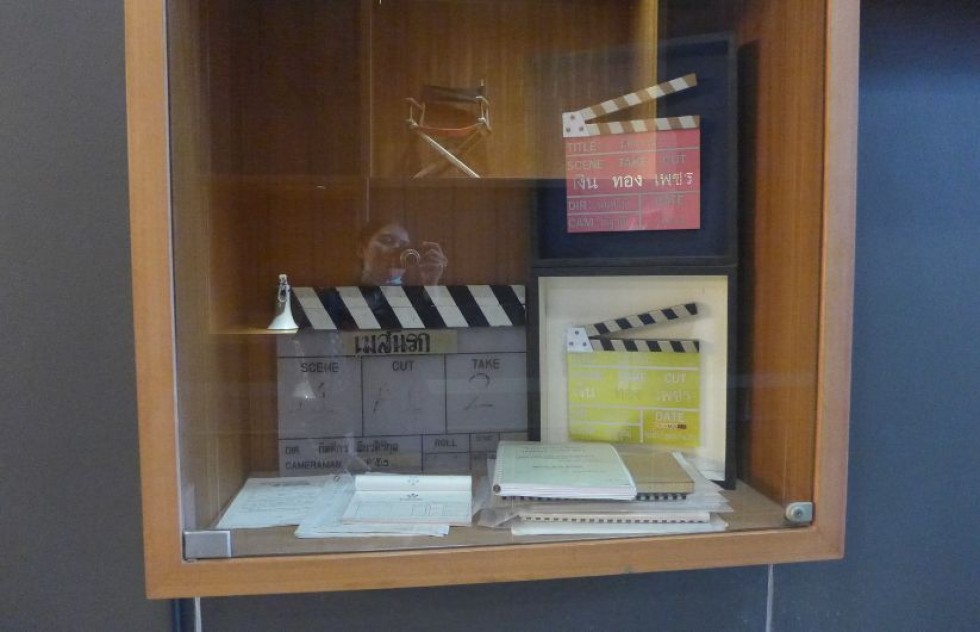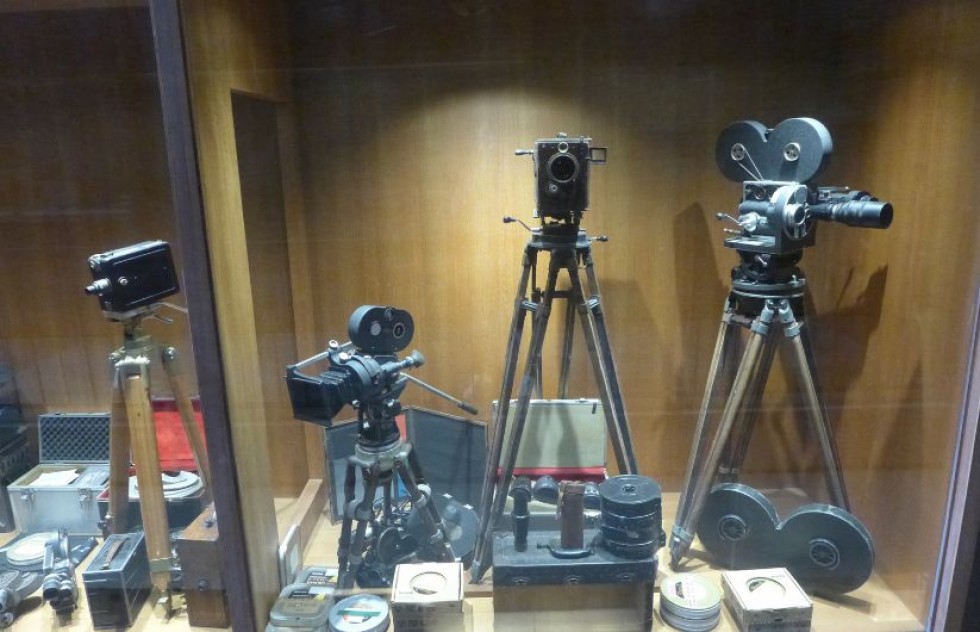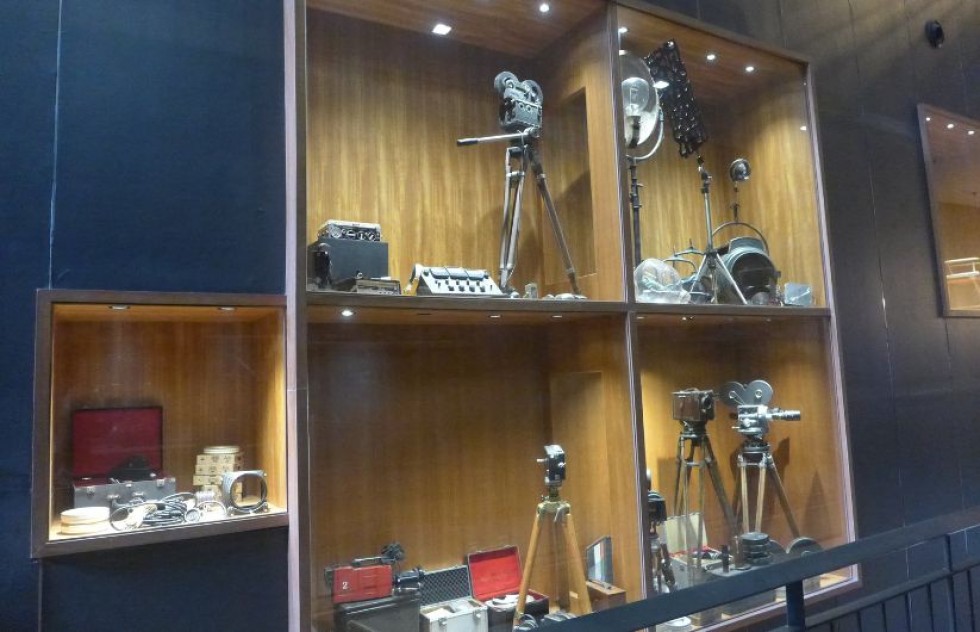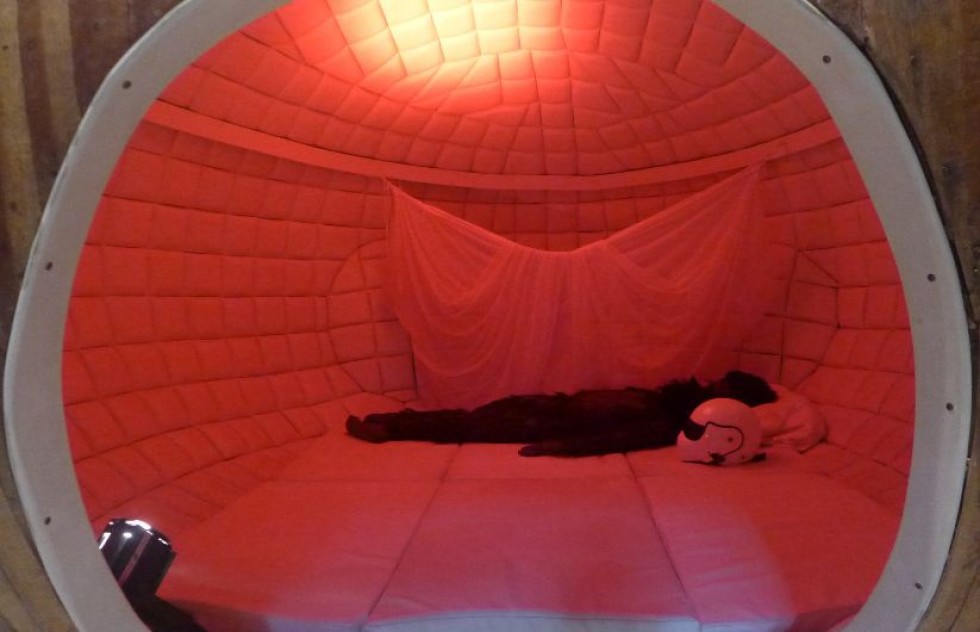The Thailand Film Archive is a true gem. It captivates film enthusiasts and history buffs alike with its incredible collection of Thai cinematic treasures. Located in Bangkok, this institution serves as a time capsule, preserving and celebrating Thailand's rich cultural heritage through its cinematic endeavours. As an avid cinephile, my recent visit to the Thailand Film Archive left an indelible impression, and I cannot recommend this unique experience enough.
From the moment you step inside the Archive, you are transported to a bygone era of Thai cinema. The beautifully designed building and its surroundings exude an aura of reverence for the art form, instantly immersing visitors in the world of cinema. The staff members are not just knowledgeable but passionate about their work, and they greet guests with warmth and eagerness to share their knowledge.
The main attraction, of course, is the extensive film collection, which is carefully curated to represent the evolution of Thai cinema over the years. The Archive boasts a remarkable assemblage of films spanning from the earliest days of Thai filmmaking to contemporary masterpieces. Whether you are interested in classic black-and-white masterworks or the latest independent productions, the Archive has something to satisfy every film lover's appetite.
One of the Archive's most commendable efforts is the meticulous restoration work done on many films. The dedication to preserving and restoring deteriorating reels is evident in the pristine quality of some of the oldest films showcased. It is a privilege to witness the transformation of these movies, which might have otherwise been lost to time, being brought back to life with utmost care.
Apart from the impressive collection, the Archive hosts regular screenings, film festivals, and educational programs. These events are designed not only to entertain but also to foster a deeper appreciation for Thai cinema and its role in shaping the nation's cultural identity. I had the opportunity to attend a film festival showcasing Thai Queer Movie Screening, and it was an enlightening experience that broadened my understanding of the country's queer, social and political narratives through its films.
The Archive's dedication to promoting film education and research is commendable. The library offers an extensive range of reference materials, academic papers, and rare film-related documents that are invaluable resources for film students, researchers, and scholars. It is evident that the Thailand Film Archive is committed to nurturing a new generation of filmmakers and storytellers. It not only safeguards Thailand's cinematic legacy but also provides a platform for exploring the country's rich history and societal nuances. With its lovingly preserved films, vibrant events, and educational initiatives, the Archive stands as a beacon of hope for the preservation of cinematic heritage worldwide.
I visited the place to verify if the admission was indeed free, and I can confirm that it is indeed without any charge. During my visit, I had the pleasure of watching two short films, both titled "Top Secret" and "Iron Pussy: A Kimchi Affair."
"Top Secret" is a 19-minute Thai film from 2005, directed by Thanwarin Sukhapisit, revolving around a young spy operation set in Seoul. This work is part of the One Man Band Project, which allows a Thai director to travel to South Korea for a week to shoot and collaborate with an independent Korean film director.
On the other hand, "Iron Pussy: A Kimchi Affair" is a 46-minute film from 2011, directed by Wisit Sasanatieng. It is part of the "Camellia" series, which originated from an idea for the Busan International Film Festival. The series encourages film directors from Thailand, South Korea, and Japan to create love stories set in Busan. In this particular film, Thai director Wisit Sasanatieng tells the tale of the Iron Pussy spy, who embarks on a mission but unexpectedly falls in love with a mysterious Korean man overnight.
After enjoying the short films, I made my way to the exhibition hall, eager to explore more cinematic wonders. To my delight, I stumbled upon an exhibit featuring works from none other than Apichatpong Weerasethakul, a revered and legendary director in experimental Thai film. The mere sight of his name filled me with anticipation, and I knew I was about to witness something extraordinary.
As I ascended to level 3 of the exhibition hall, I couldn't help but feel mesmerized by the ambiance surrounding Apichatpong's artworks. The display was thoughtfully arranged under the staircase, creating an intimate setting that seemed to draw viewers into the heart of his creative world. The collection showcased of multimedia installations each offering a unique glimpse into the mind of this visionary filmmaker.
Apichatpong Weerasetakul's art exuded a profound sense of contemplation and introspection. His visual storytelling talents, evident in his films, were equally striking in the showcased artworks. Every piece seemed to have a story to tell, an emotion to convey.
One particularly intriguing installation stood out amidst the array of masterful creations. In a dimly lit cubicle, I found myself face to face with a lifelike dummy resembling a gorilla or an ancient sapiens, peacefully sleeping amid a striking red ambiance with a robot helmet put beside it. The symbolism behind this installation was enigmatic yet deeply evocative. It left me pondering the significance of the sleeping figure and the profound message Apichatpong sought to convey through this art piece.
As I continued my exploration of the exhibit, I felt a sense of reverence for the artistic brilliance that has shaped the landscape of contemporary Thai cinema. Apichatpong Weerasetakul's contribution to the world of film and art is undeniably immense, and witnessing his works up close was an honor and a privilege. It was evident that his creations were not just about visual aesthetics but about tapping into the essence of life, culture, and human experiences.
The Thailand Film Archive's commitment to showcasing the works of esteemed directors like Apichatpong Weerasetakul is truly commendable. By providing a platform for artists to display their non-filmic creations, the Archive goes beyond preserving cinematic history; it becomes a sanctuary for the convergence of various artistic disciplines.
Continuing my exploration at the Thailand Film Archive, I ascended to the second level of the building, where I was pleasantly surprised to encounter installations of the past bioscopes. Here, a captivating array of mini mobile cinemas awaited, harking back to the early 1930s, a time when these vehicle-like structures roamed the streets, bringing entertainment to eager audiences.
These vintage mini mobile cinemas were a marvel to behold. Resembling quaint, colorful vehicles, they were a symbol of the golden age of cinema, where people from all walks of life would gather around them, eagerly awaiting the magic of motion pictures. The simple yet ingenious design of these cinemas allowed them to set up shop in various locations, from bustling markets to tranquil villages, transforming open spaces into vibrant hubs of communal entertainment.
As I admired the lovingly preserved installations, it felt like stepping back in time, witnessing the bygone era of cinema unfold before my eyes. I imagined the joy and wonder on the faces of those who flocked to these mobile theaters, immersing themselves in the enchanting stories that played on the silver screen.
The presence of these mini mobile cinemas at the Thailand Film Archive underscored the institution's commitment to portraying a comprehensive picture of Thai cinema's evolution. Beyond the films themselves, these installations provided a tangible connection to the past, illustrating the resourcefulness and creativity of a generation that thrived on the universal appeal of storytelling.
With each passing moment, it became clear that the Thailand Film Archive served not merely as a repository of films but as a living testament to the enduring spirit of cinema in Thailand. The mini mobile cinemas were a poignant reminder of the power of storytelling, transcending time and bringing people together through shared experiences.
If you are a cinephile or an art enthusiast, I wholeheartedly recommend experiencing the Thailand Film Archive first-hand. It offers a unique opportunity to bask in the brilliance of cinematic legends and discover the untold stories.
Visiting the Thailand Film Archive was an unforgettable journey that left me with a profound appreciation for the art of filmmaking and its role in shaping cultural identities. If you find yourself in Bangkok, do not miss the chance to explore this exceptional institution. Remember, it is for free. No need to pay.


